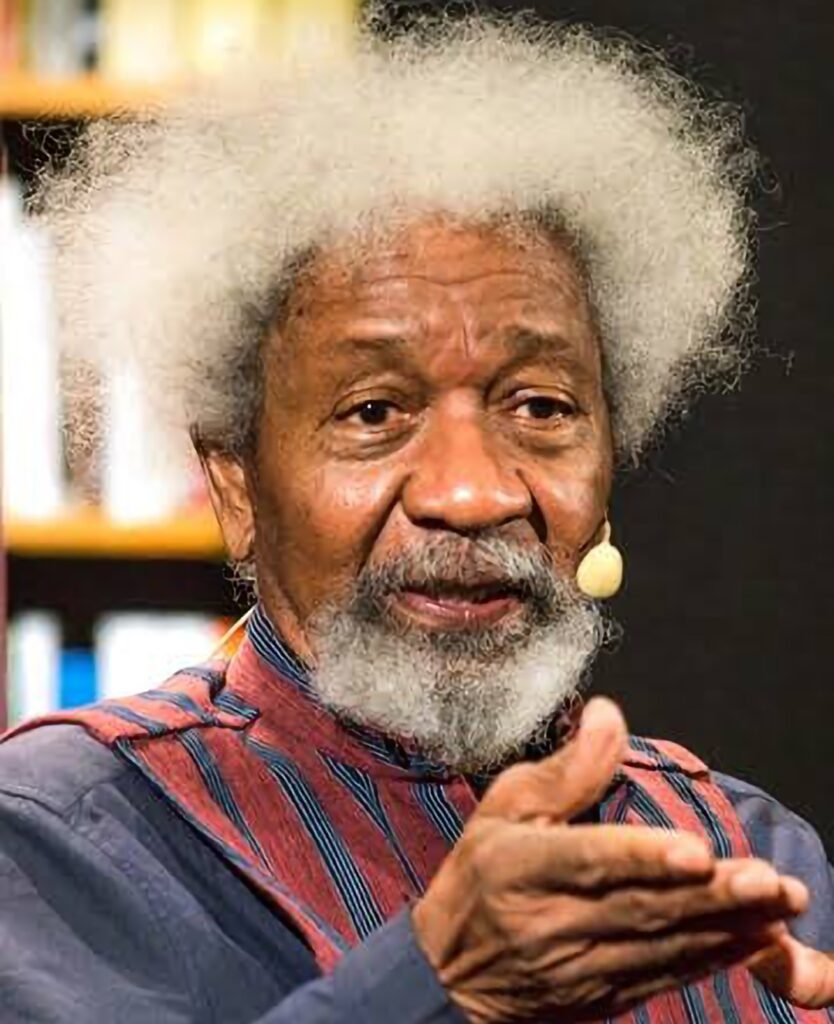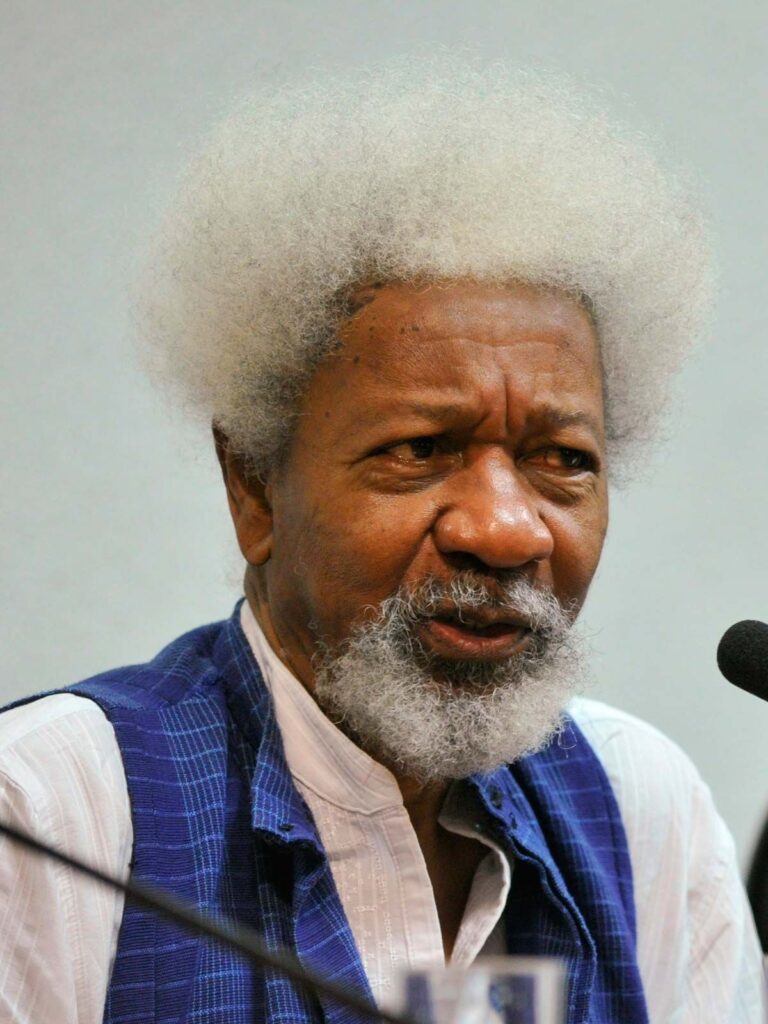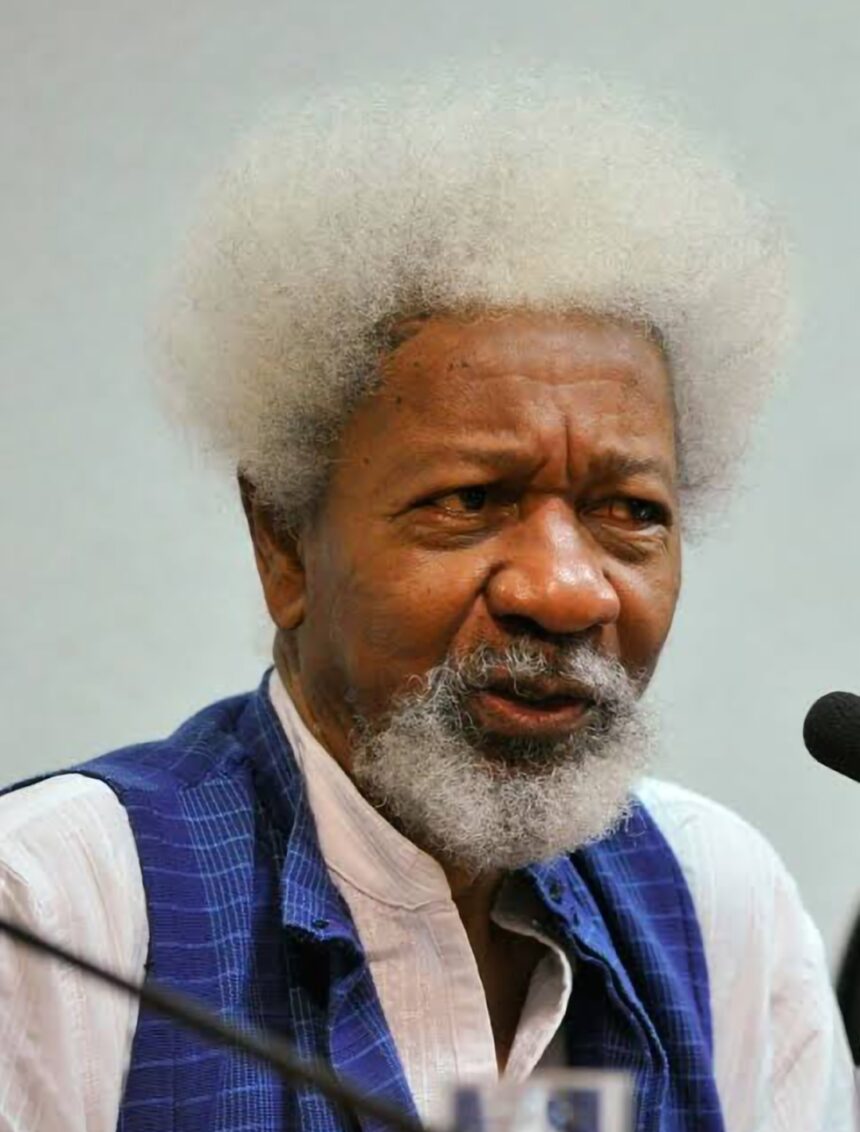Nobel laureate Professor Wole Soyinka has spoken about how traditional Orisa worship is more important to him than Christianity and Islam. A recent interview with Soyinka revealed his reasoning, in which he emphasised his interest in the Orisa religion. He said that, in contrast to Islam and Christianity, which are more popular, this indigenous religion provides a deeper feeling of mystery and creativity.
Soyinka’s worldview is based on his family’s traditional beliefs and his own life experiences. Soyinka also made passing reference to the fact that, in his opinion, the level of devotion practiced by the Orisa is significantly lower than that of the other main faiths. …CONTINUE READING


Worship of the Orisa, in his view, fosters a more substantial and profound spiritual bond than what he has seen in Islam and Christianity. His remarks highlight the influence of traditional African spirituality on his life and views on faith and religion.
This view is one viewpoint among several that explore the wide variety of religions practiced in Nigeria and around the world. One of the many things that attract the Nobel laureate to Orisa worshipping is her nonviolent ideology. He brought out the fact that this ancient religion forbids aggressive behaviour and promotes original thought. When compared to the ways other faiths are often thought of and practiced, this is quite different.
What Soyinka finds most attractive about Orisa worship, in comparison to other faiths, is its emphasis on creativity and tranquilly. A little bit about Soyinka’s family’s history of Orisa worship was touched upon in the interview. He recalled that his grandpa, who had previously followed Orisa, had later changed his faith.
This did not dampen Soyinka’s enthusiasm for his grandfather’s traditional values. From an early age on, he was exposed to Orisa worship, which shaped his view of religion and created a lifelong fascination with the faith. In particular, Soyinka argues both Christianity and Islam fail to provide enough room for creative expression and mystery. Christianity and Islam, he said, lack the profound creative and enigmatic aspects found in Orisa worship.
This, he thinks, might be because his family was not very religious when he was growing up. His thoughts lead us to believe that our upbringing and the cultural milieu in which we are immersed have a profound impact on our religious views and practices. While he acknowledged that both Christianity and Islam lack mystery, he felt that worshipping Orisa was more creative, artistic, and enigmatic. The main reason for this is because I was not raised in a Muslim household.



